Diana is a professional journalist, passionate communicator and restless soul. She left behind a life influenced by family, friends, colleagues and acquaintances to find her own voice. Not the easiest decision, but the best one without a doubt!
Diana is deeply inspired by seekers and travelers. When she’s out she’ll most likely be engaged in long conversations that cover life wisdom, cocktail recipes and everything in between. Most of the time, however, she enjoys staying at home, meditating (is it possible to have too many meditation apps on your smartphone?) and cooking for one.
Diana has learned that everything she does needs to be either challenging or fun, so she is constantly looking for new books, online classes and hobbies. Anything that allows her to laugh at or get to know a different side of herself.
Give me an overview of your current remote job.
I work for an International Cooperation Project (name withheld due to confidentiality reasons) that is funded by the European Union. I’m in charge of all matters related to communication, including writing speeches, managing social media, and even producing documentaries. We are responsible for and oversee 18 different countries.
Where all have you traveled since you began working remotely?
I’ve travelled around the US several times and loved it. I’ve also been to Colombia, Mexico, Spain, Uruguay, Brazil and Argentina.
What made you want to pursue a nomadic lifestyle?
I needed to see other realities. When you are stuck in your home or office and are surrounded by the exact same people everyday, you become a boring person. You talk about the same stuff over and over. When you travel, you are discovering new things constantly and I think that helps you to become more open. You never know who you are going to be sitting next to at the coffee shop or the bar. You get to talk to different people, visit different places, and push yourself to deal with unexpected situations. I wanted to pursue a nomadic lifestyle so that I can travel and be spontaneous.
How do you currently support yourself?
I work full-time as a remote employee for an International Cooperation Project that focuses on intellectual property. I used to write for a wine magazine as well, but the job demanded a lot of me so I’ve been doing that less and less. The problem with freelancing in Argentina or in Latin America is that they take so long to pay you. By the time you get the money, it has lost its worth. If you freelance in Argentina, it has to be purely out of passion and out of real excitement and not just about the money.
Do you have any online training courses that you recommend?
It’s not related to my job, but I can recommend some personal growth courses. Coursera has some amazing stuff. I started with a course called “The Science of Happiness,” which is Yales’ most popular class and they decided to put it on Coursera for free. It was my first experience with online training and it was wonderful, fun and easy. After that, I completed a course called “Demystifying Mindfulness,” which was fascinating. One of the advantages of working remotely is that you have the freedom and time to pursue other things and to feed yourself with knowledge.
What do you know now that you wish you knew when you started?
Discipline. When I first started working remotely I would wake up 5 minutes before I had to start answering emails. I wouldn’t even shower for a couple days. I would be in my pajamas for 48 hours straight and not go out and talk to people. That is very isolating. What I’ve been doing for the past 6 months is waking up earlier and exercising. I bought a bike recently so I enjoy riding my bike early in the morning. I also recommend having a morning routine that forces you to really wake up and be alert. Showering before work can put you in a different mindset. Now I wake up 3 hours before I actually start working and I do all of my morning routine. I can definitely feel the difference.
What are the hardest things you find about working remotely?
I think isolation is the hardest thing about working remotely. You start getting used to not taking your pajamas off and not talking to people. It can be dangerous if you are working for yourself and you don’t have anyone reminding you of a deadline. Then you are sabotaging your own business. It’s about being disciplined and holding yourself accountable.
What are your estimated monthly expenses?
Housing: Argentina is incredibly cheap right now for foreigners, especially Americans. I’m lucky to have long-term accommodation, as opposed to temporary accommodation. It costs around $350 USD for my apartment and then around $50 for utilities (energy, gas, etc). I live by myself in an apartment.
Food and drinks: Last year I had a very different lifestyle and I would go out every night of the week and would spend about $300 USD a month. Right now I work from home and try to eat healthier. I spend about $100 a month on groceries. If you want to go out, it’s still pretty cheap for Americans. You can buy a drink for $2 to $3 USD. If you go to a really good bar, a drink will be around $4 and that’s considered super expensive.
Activities: I have a vocal trainer and I pay my trainer $2000 ARS ($33.28 USD). I also recently started singing in a choir, which costs me around $15 USD a month. There are tons of free events in Buenos Aires. There are festivals, shows, yoga classes, groups that ride bikes. A big advantage to living in Buenos Aires is that you don’t need a lot of money. You have access to a lot of cultural and sports activities for free.
Transport: It’s overall pretty cheap. A bus ride is less than 20 pesos ($.33 USD). Public transportation in the city is great. You can get anywhere by bus, subway, or train. One of the main things I adore about Buenos Aire is that you can walk everywhere. That’s something that isn’t as common in the US. When I go to Florida, I hate that I need a car just to go buy bread. Here, you can walk everywhere as long as you can handle the heat in the summer. If you are open to walking for an hour, you can go from one side of the city to the other. It’s pretty safe as long as you stick to the main avenues and it’s such a pretty city to walk around. There are beautiful buildings and lots of street art. Around downtown you can find bands playing tengo and people dancing.
Any parting words?
If you want to work on yourself, and learn about yourself while working remotely, you can absolutely do it because you have the time and the freedom. With the right resources, you can become a better version of yourself.
Interested in connecting with Diana? You can reach out to her via Instagram, Facebook or LinkedIn.

Kaitlin is a travel writer and marketing consultant. On any given day, you can find her surfing, reading, and/or on the eternal search for the cutest cafes (with tons of power sockets, of course).
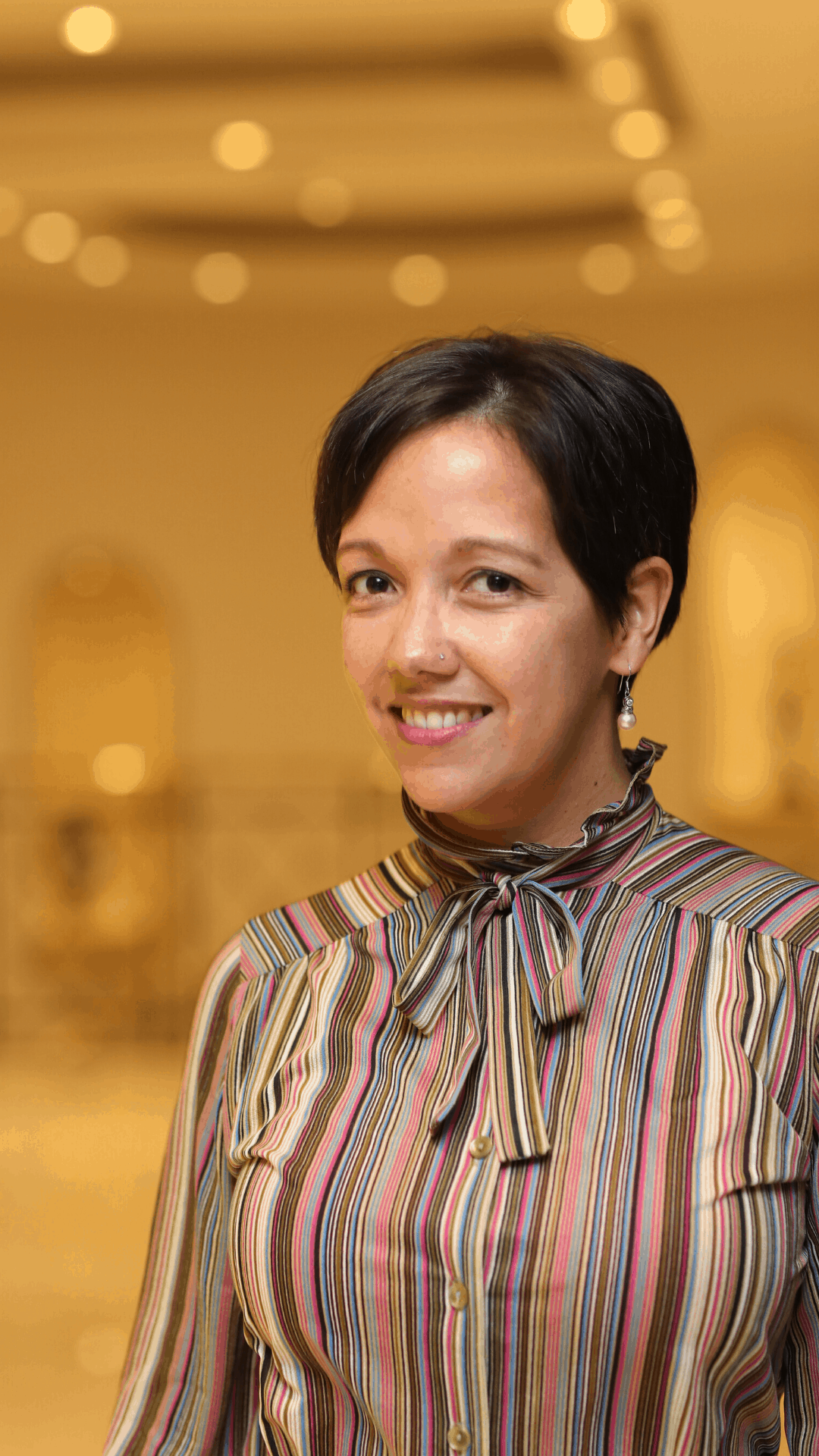
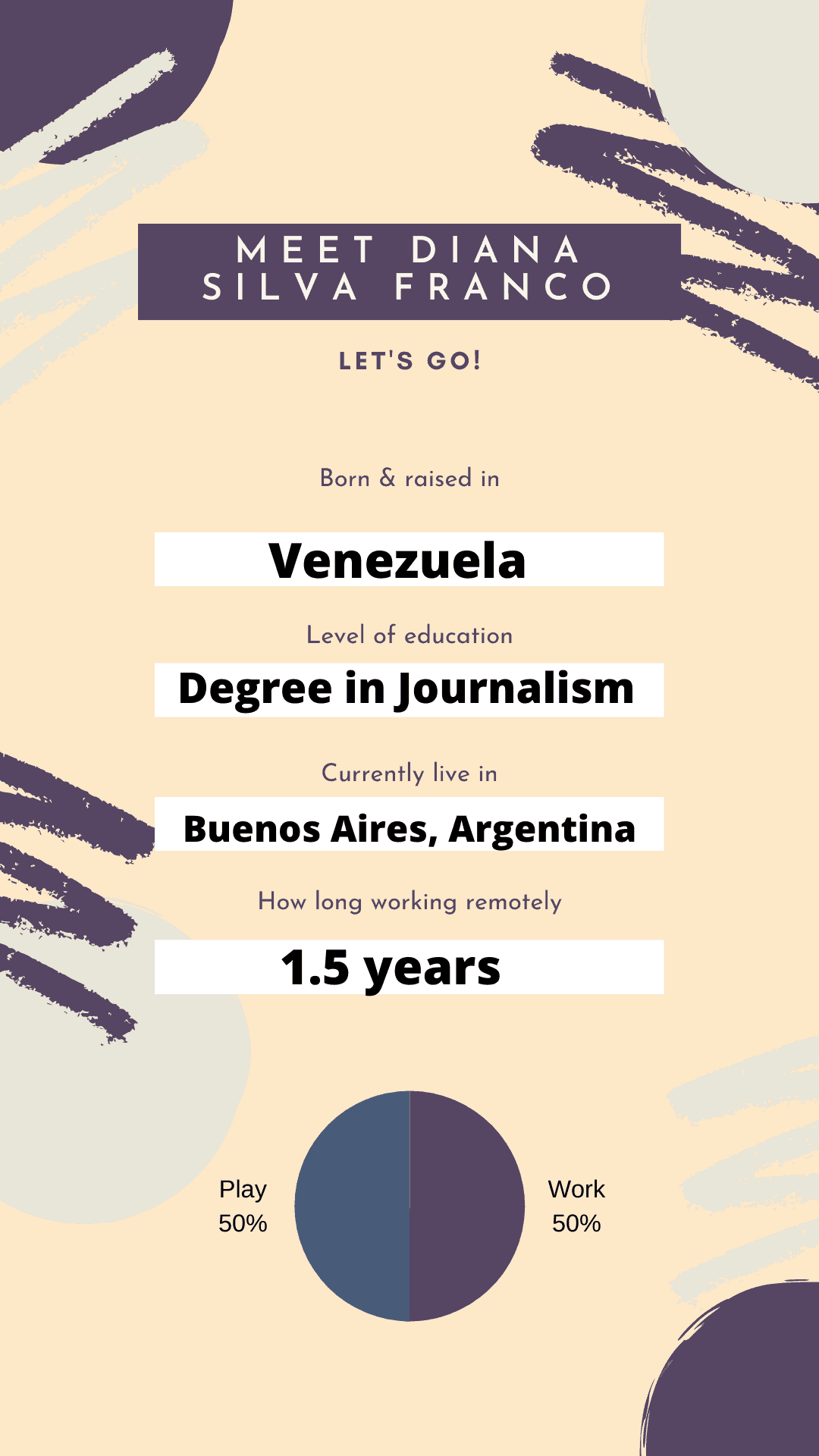
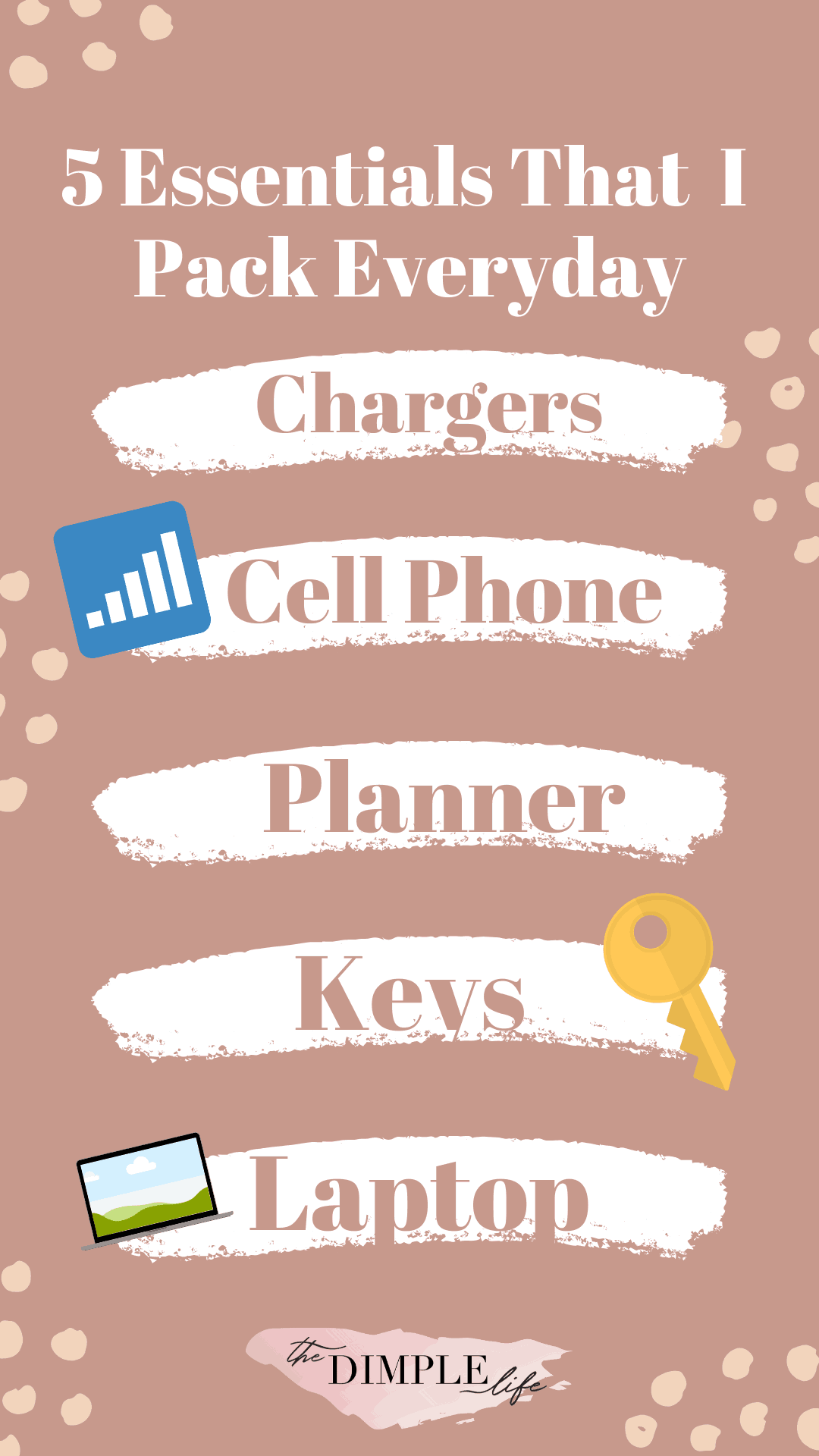
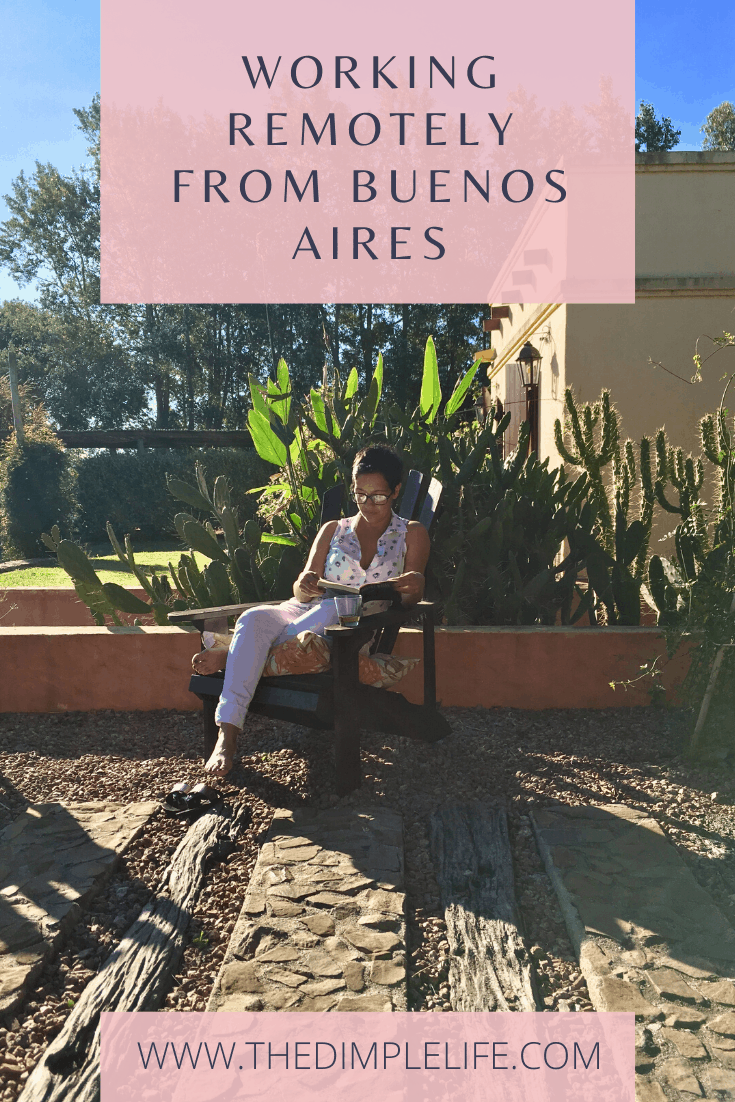
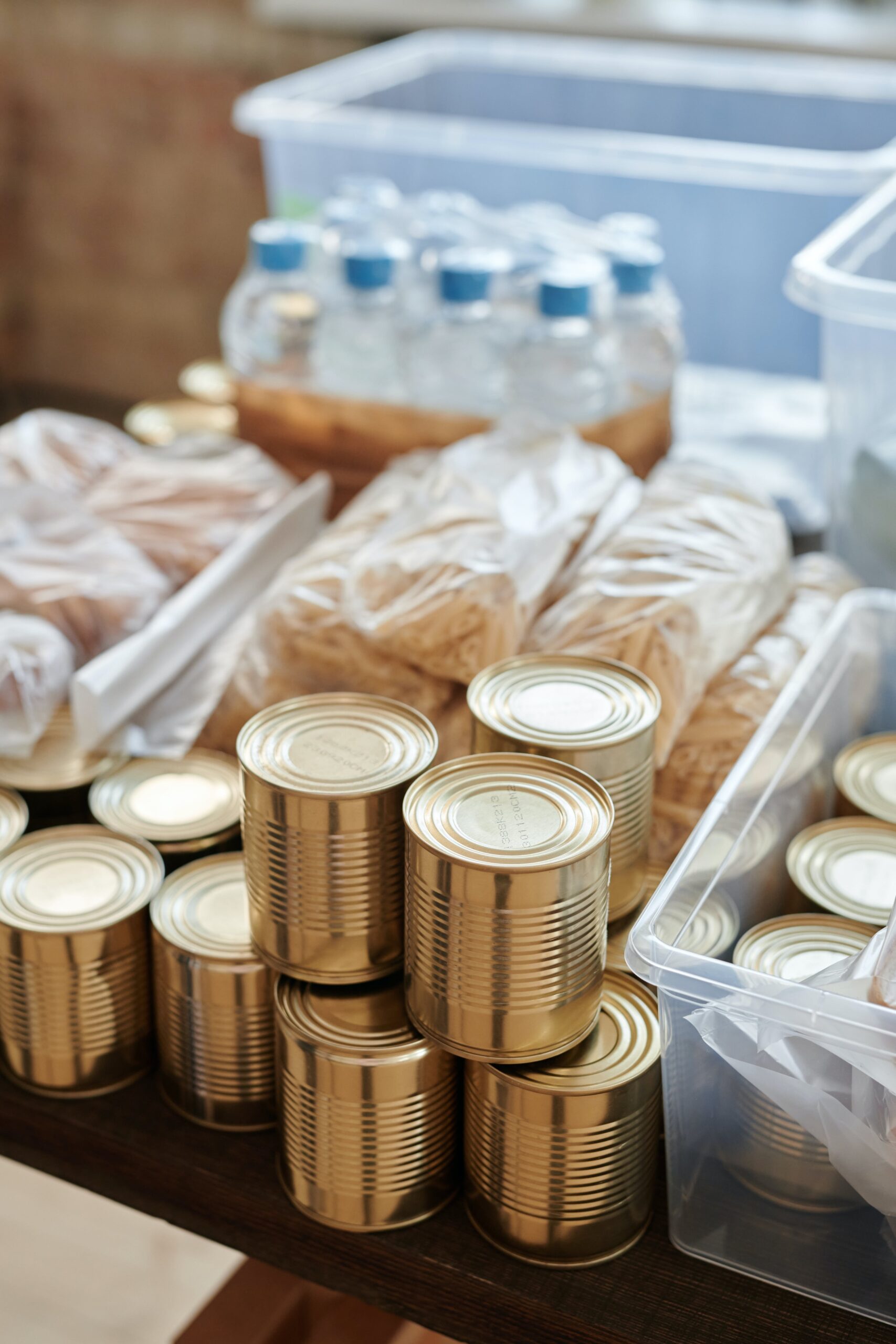

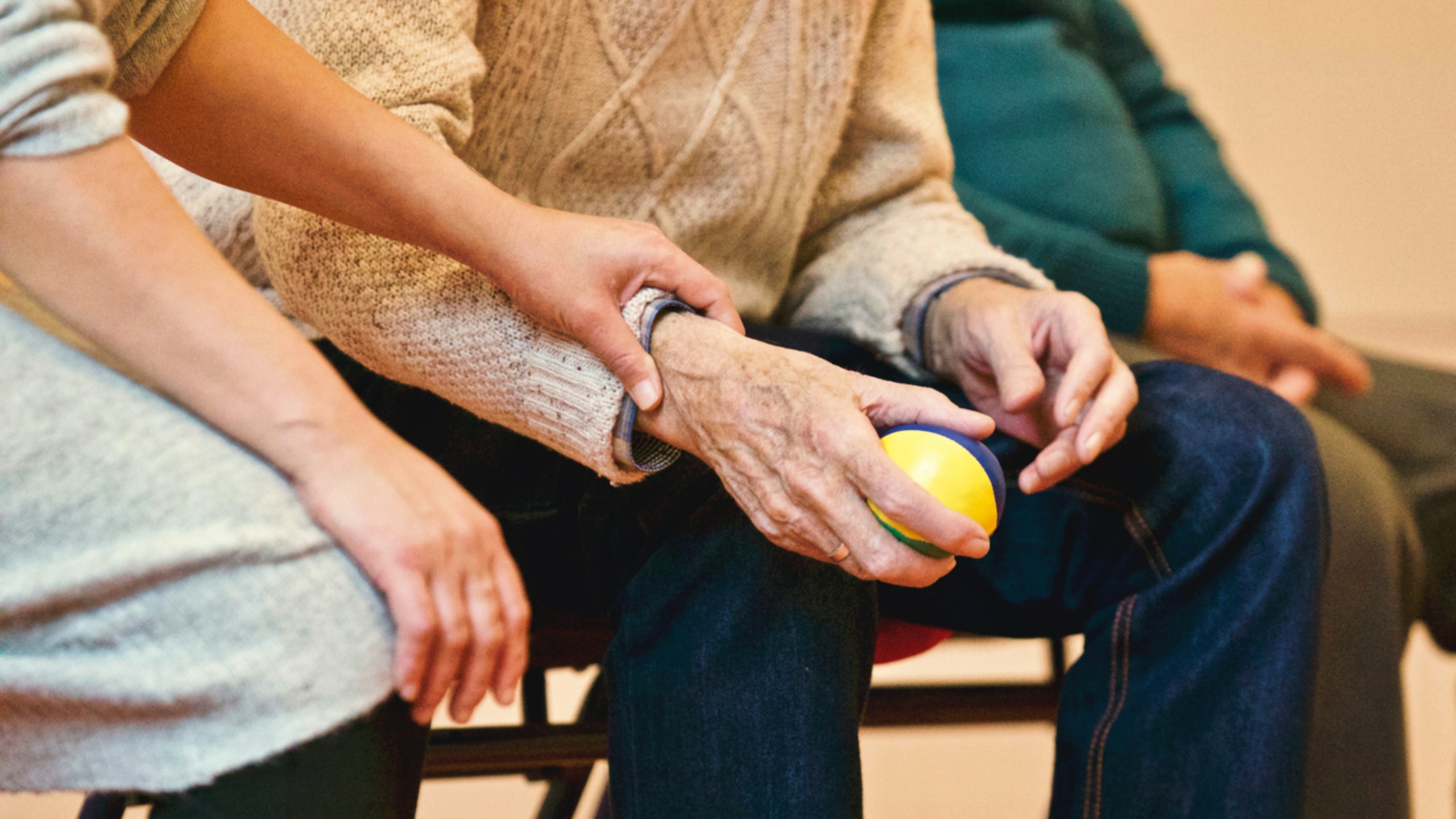
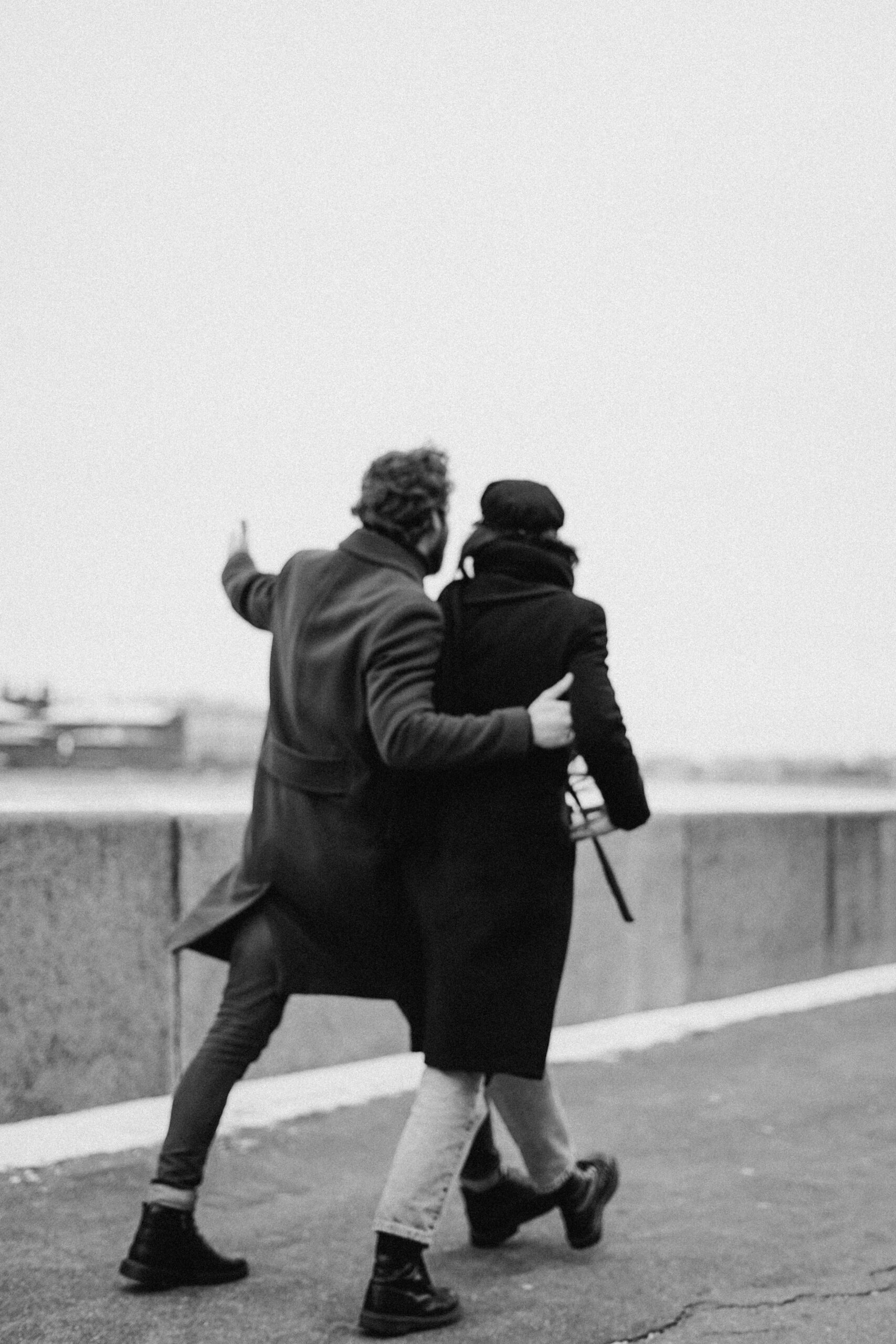
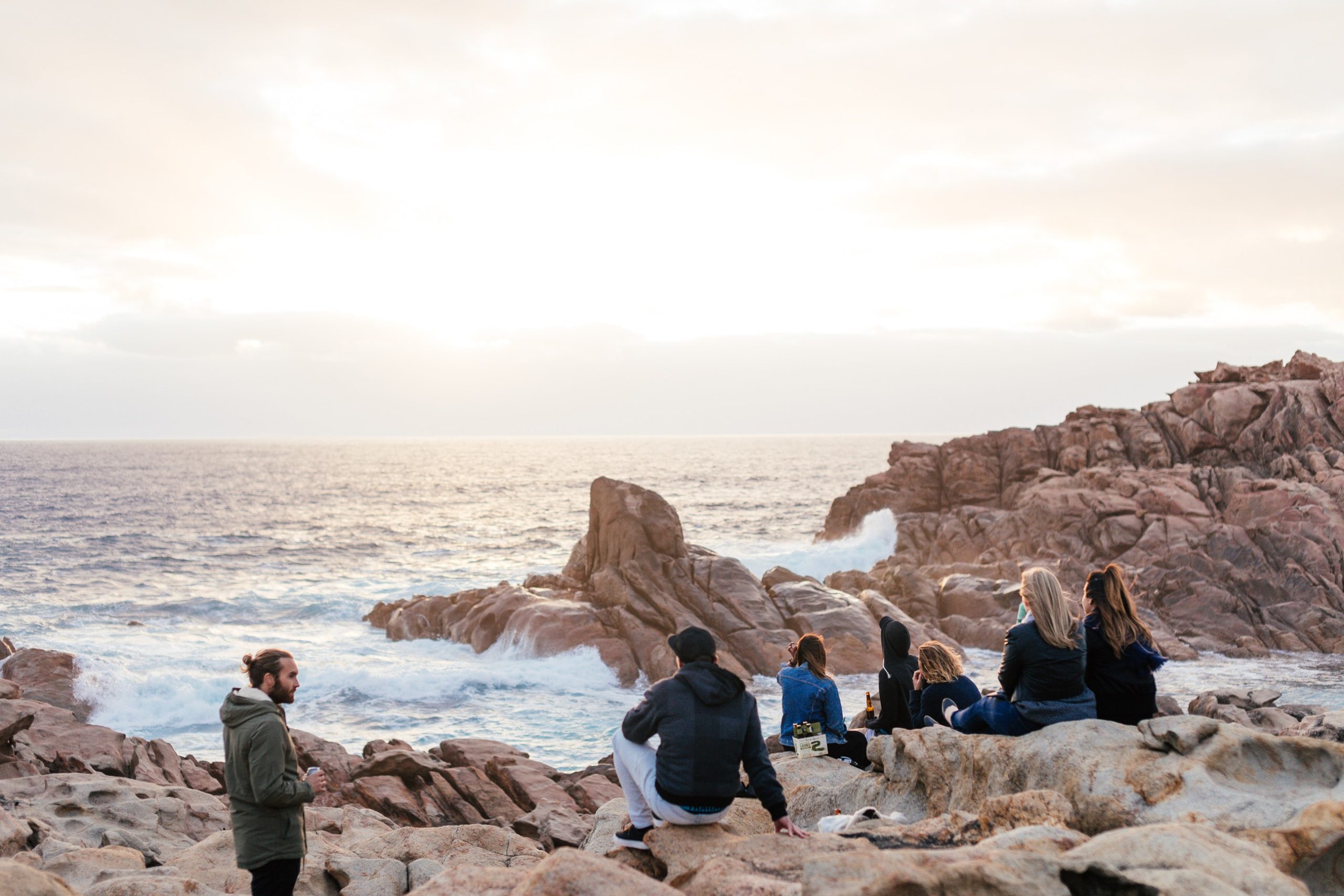
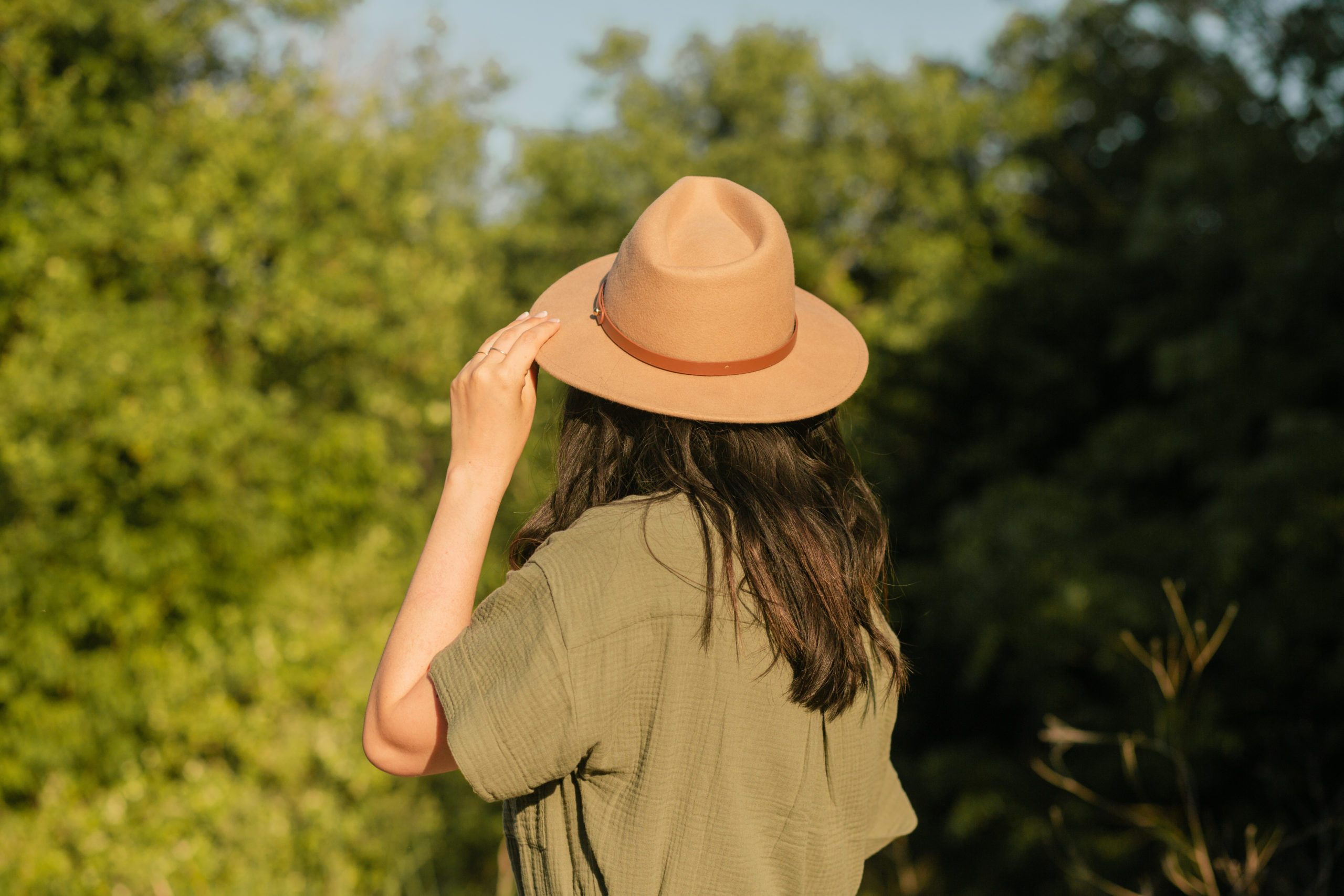
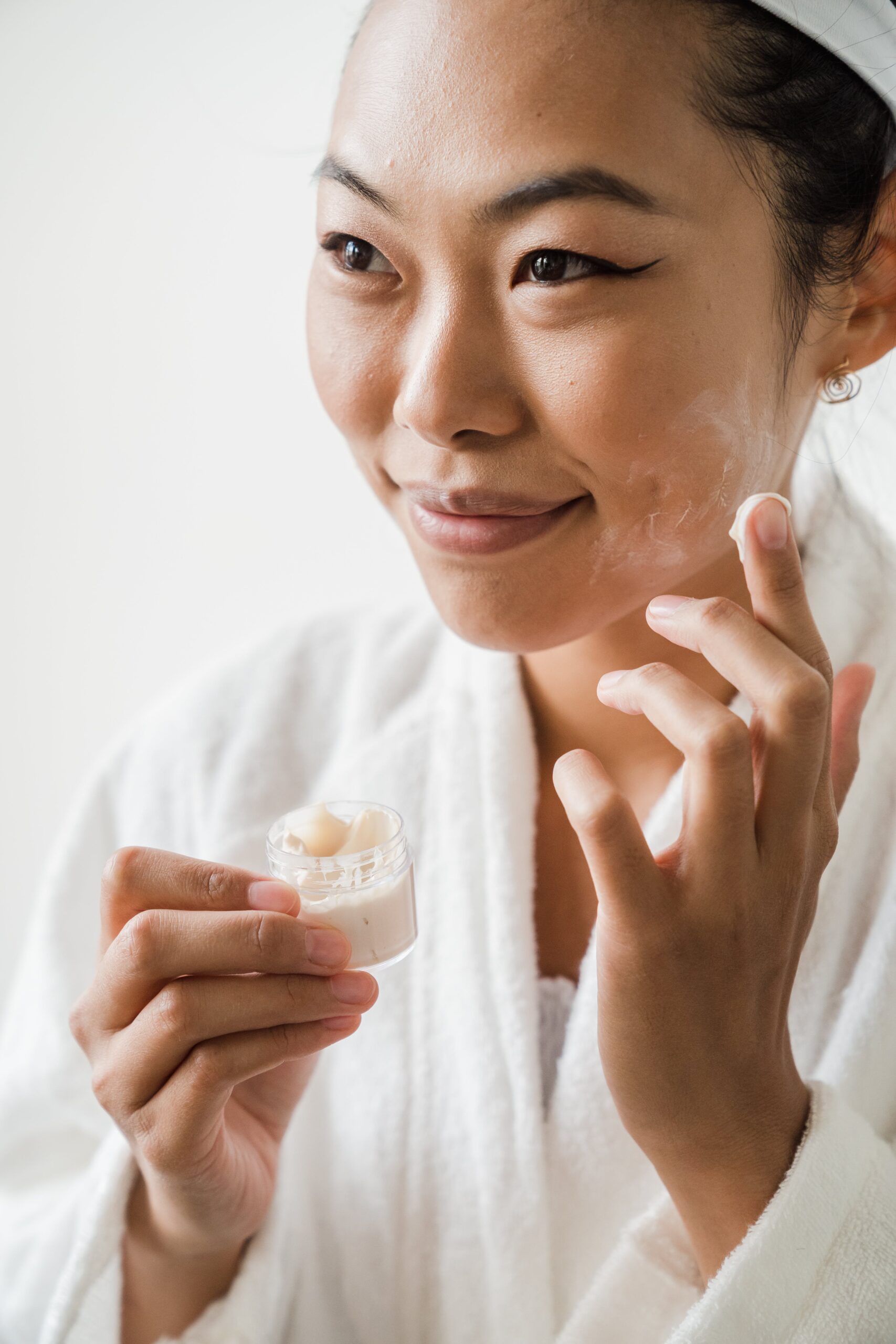
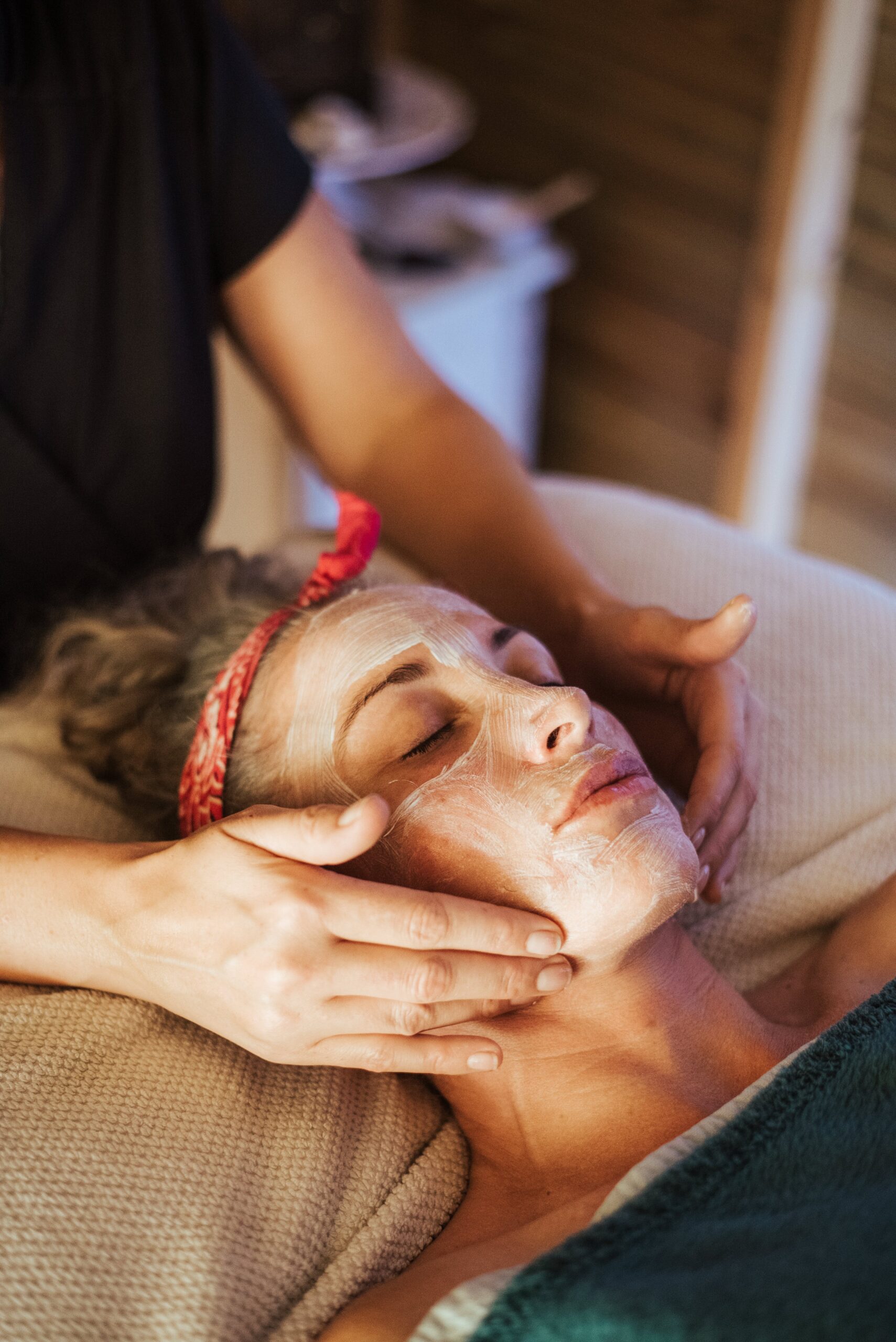
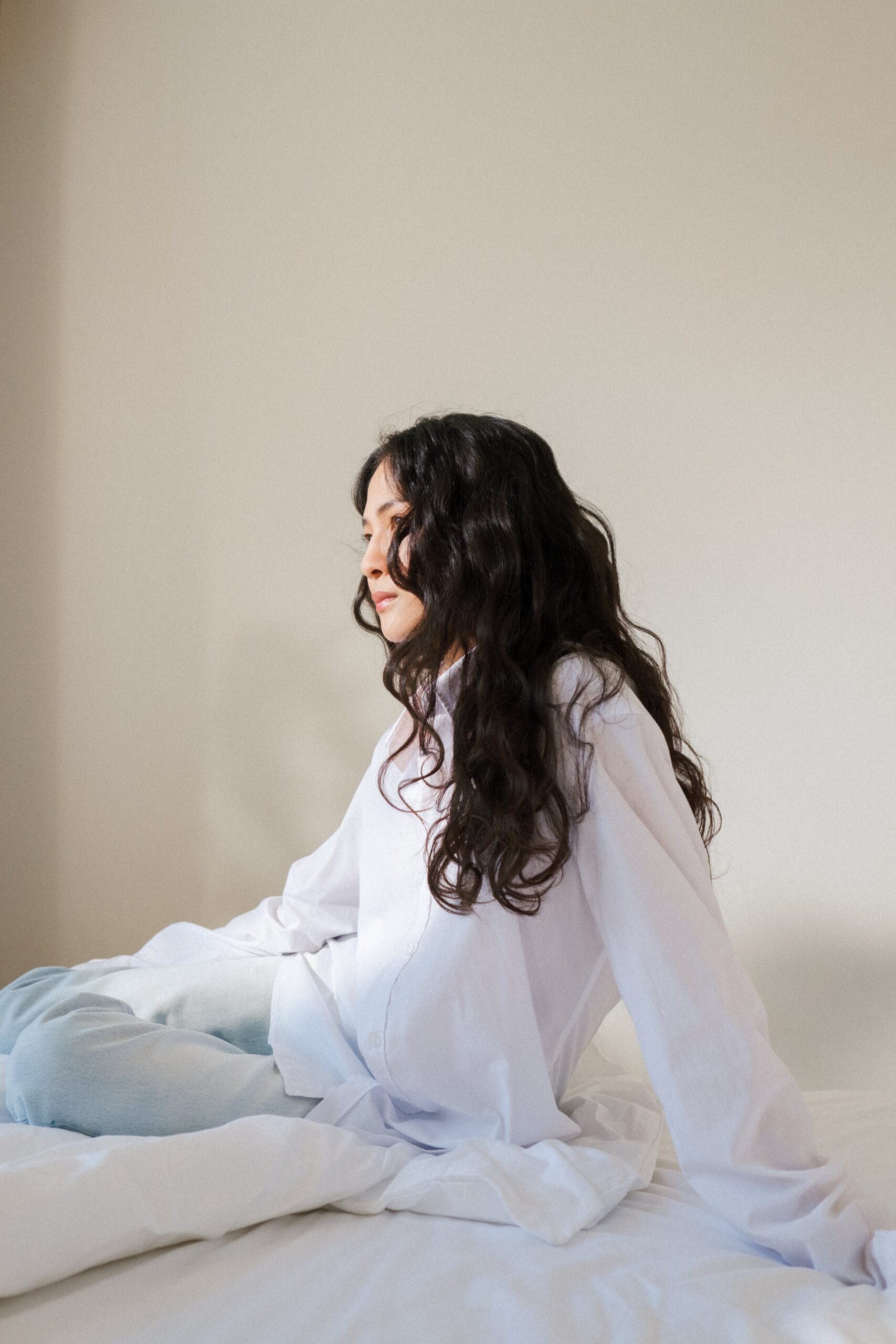
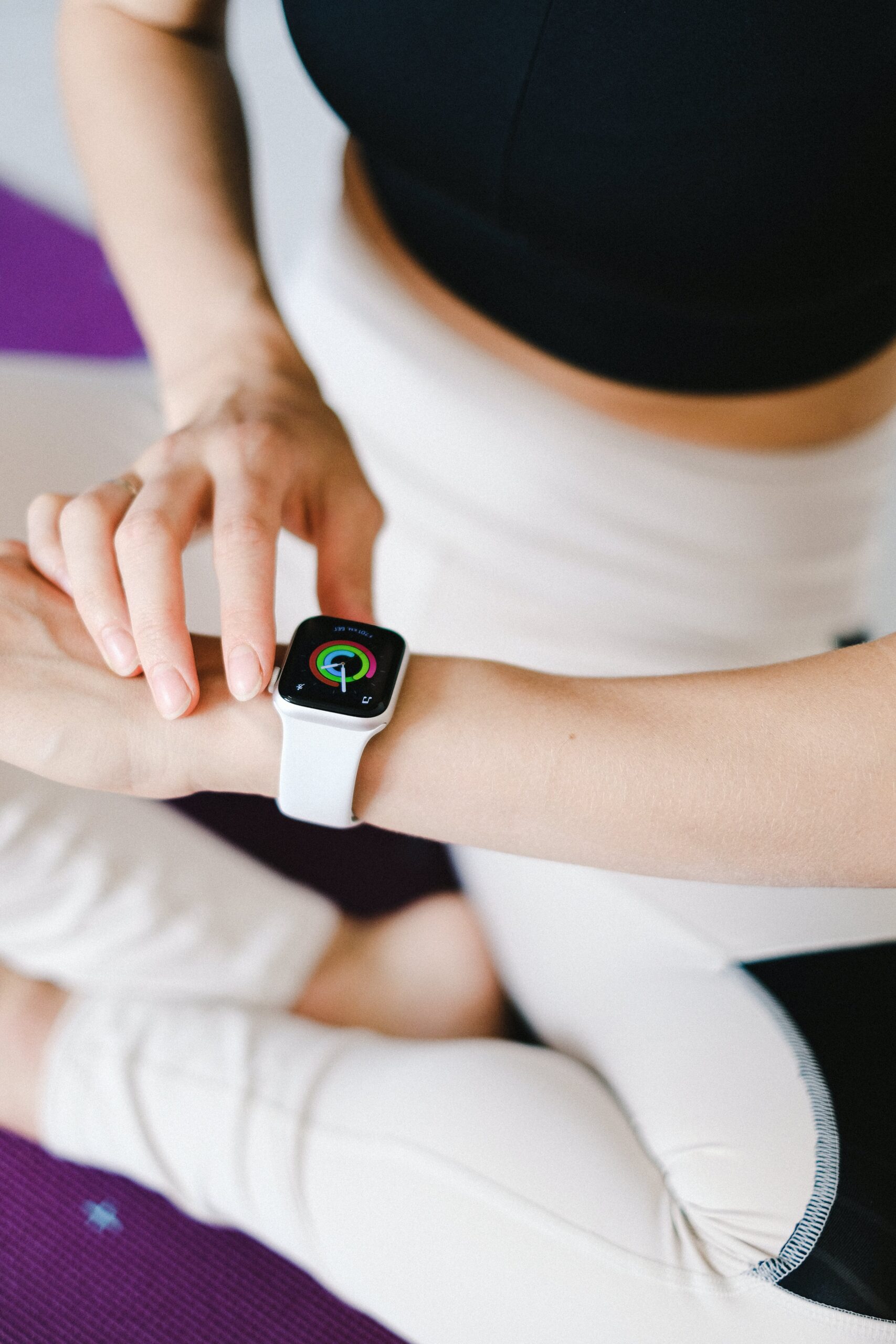

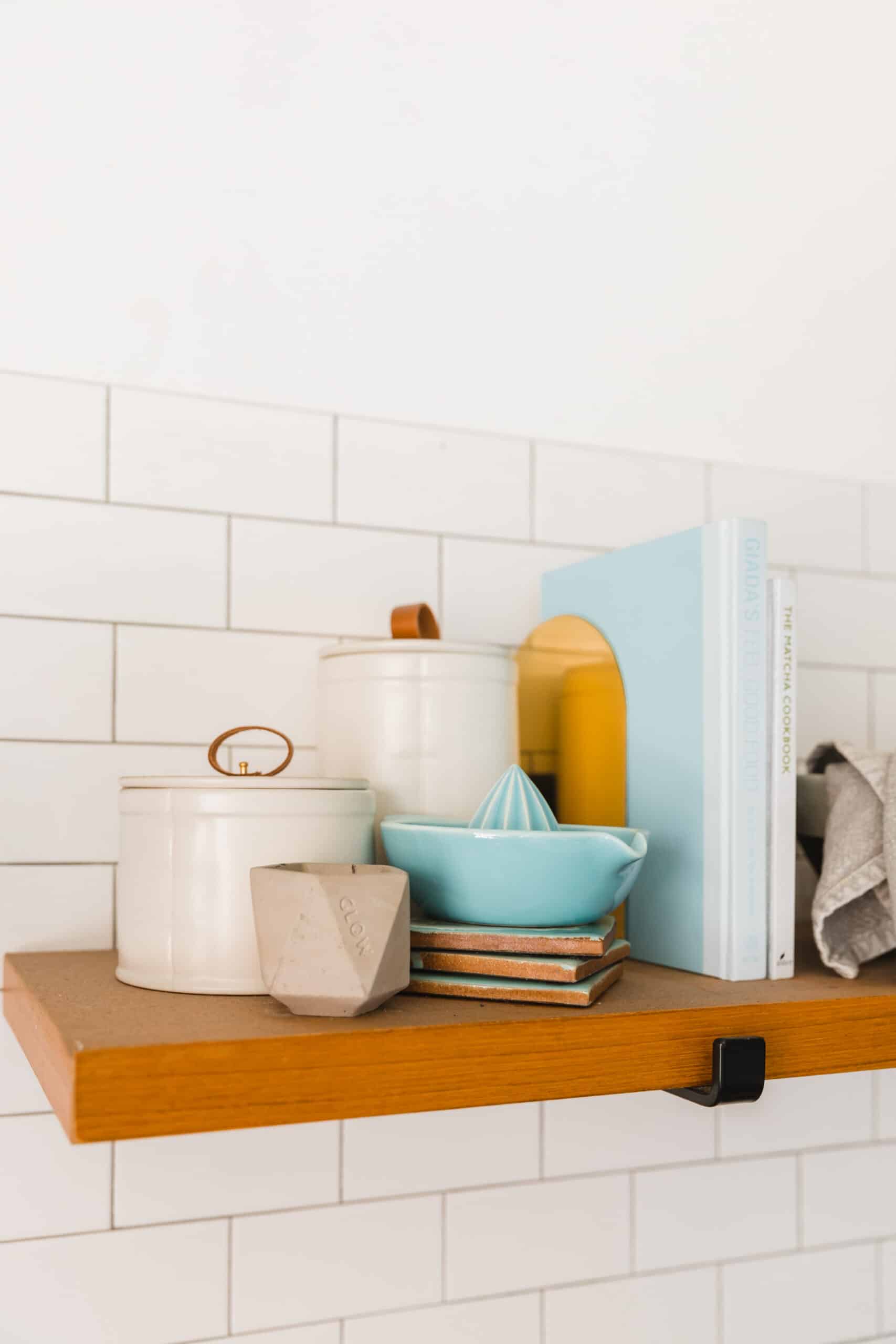
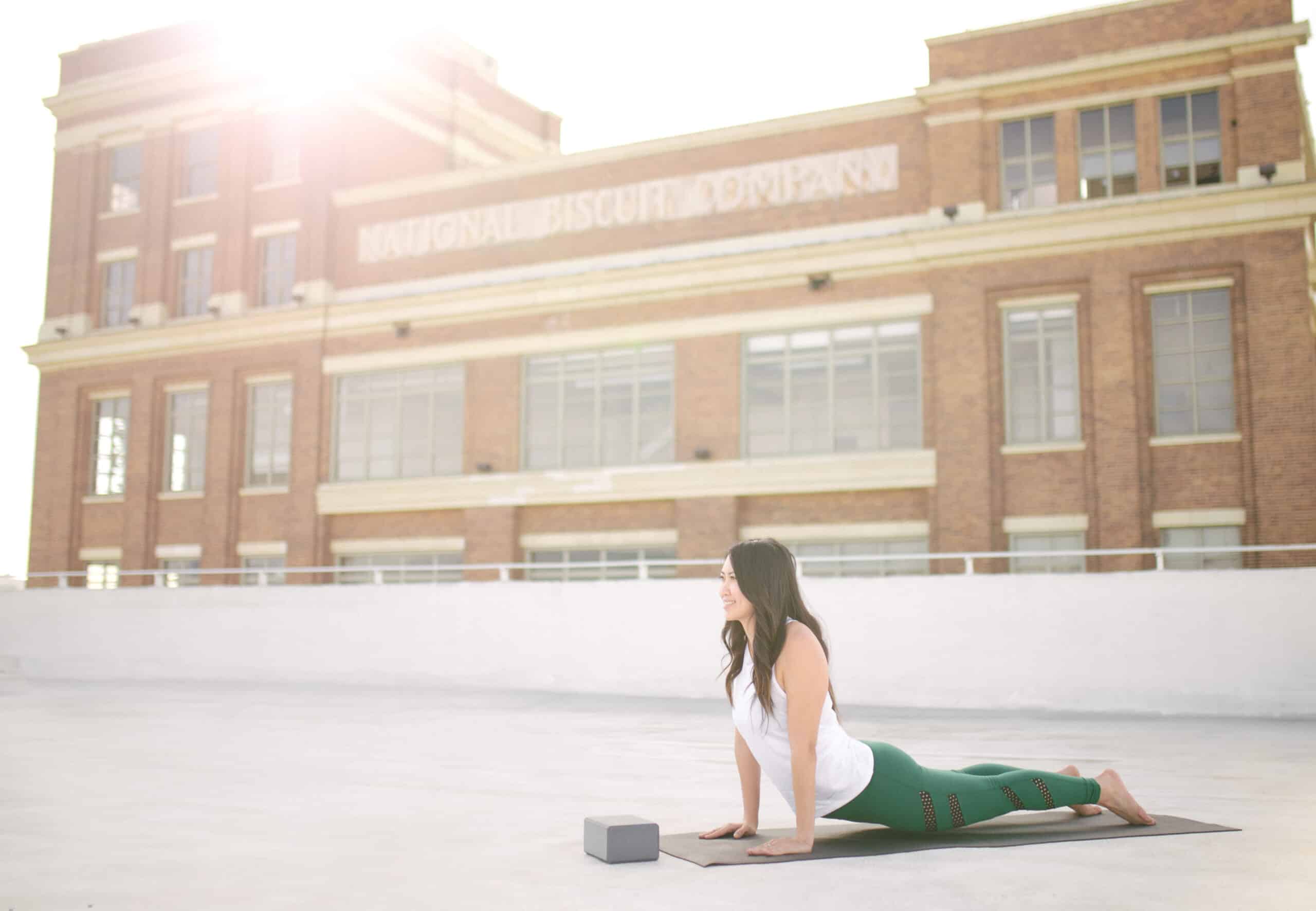
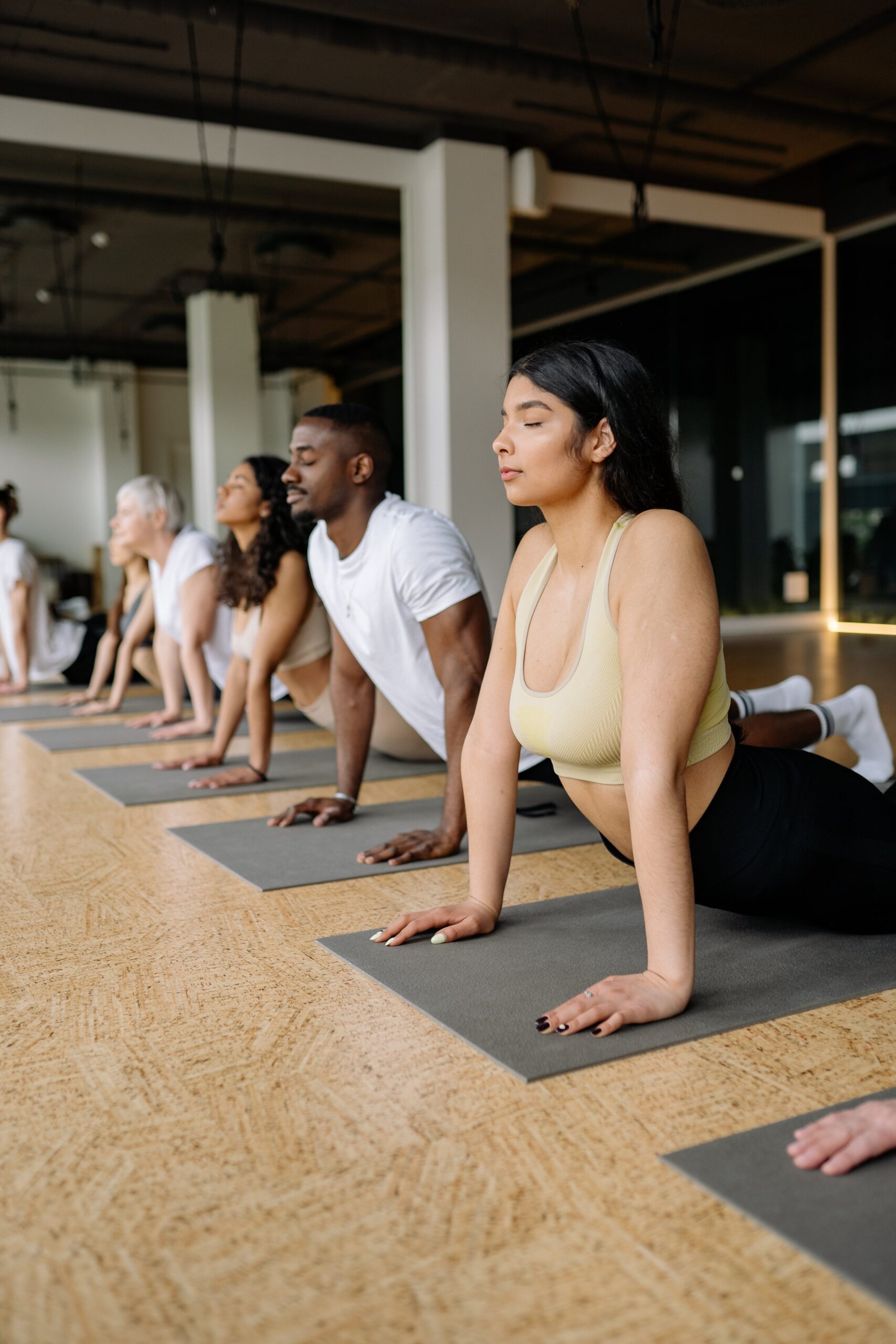
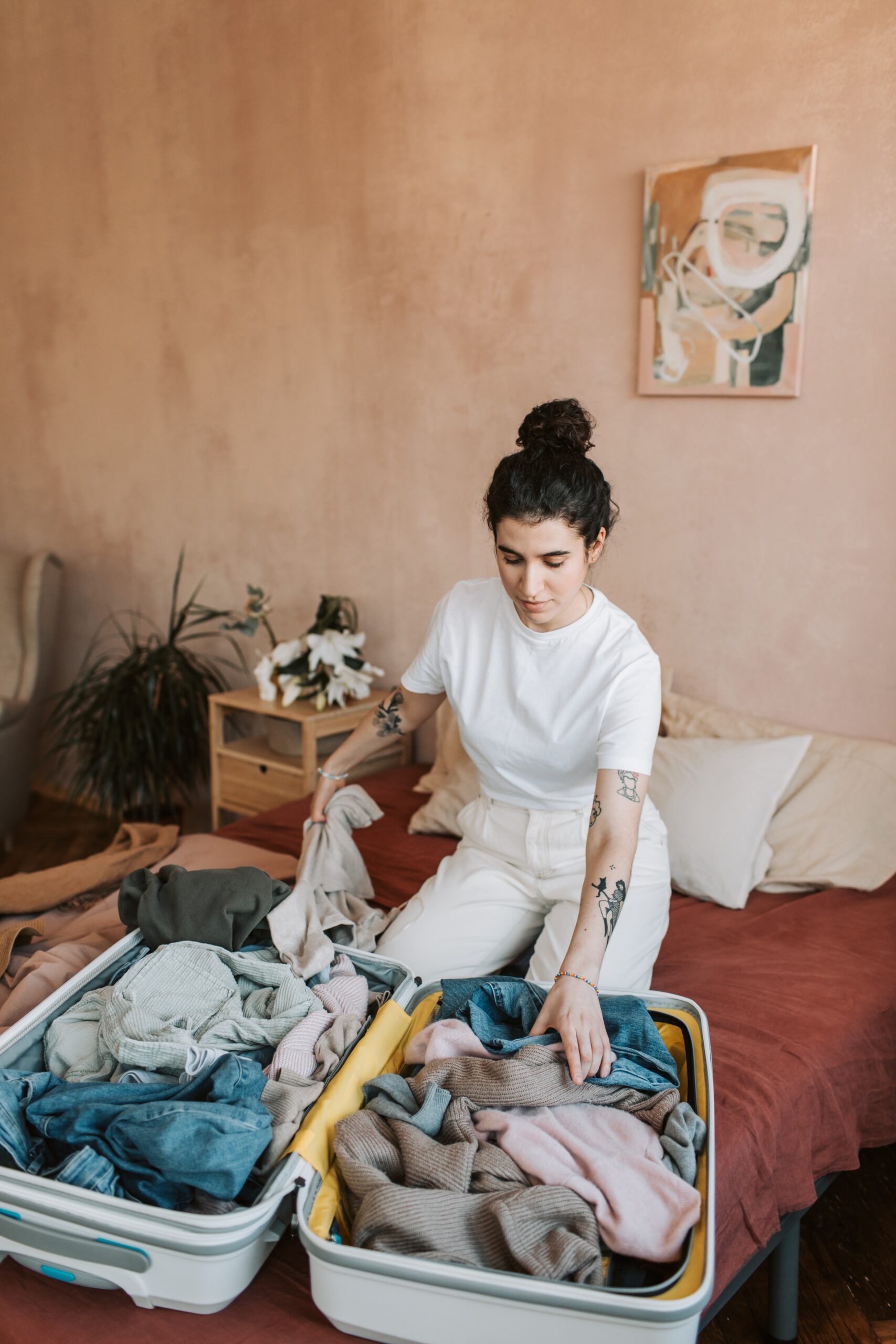
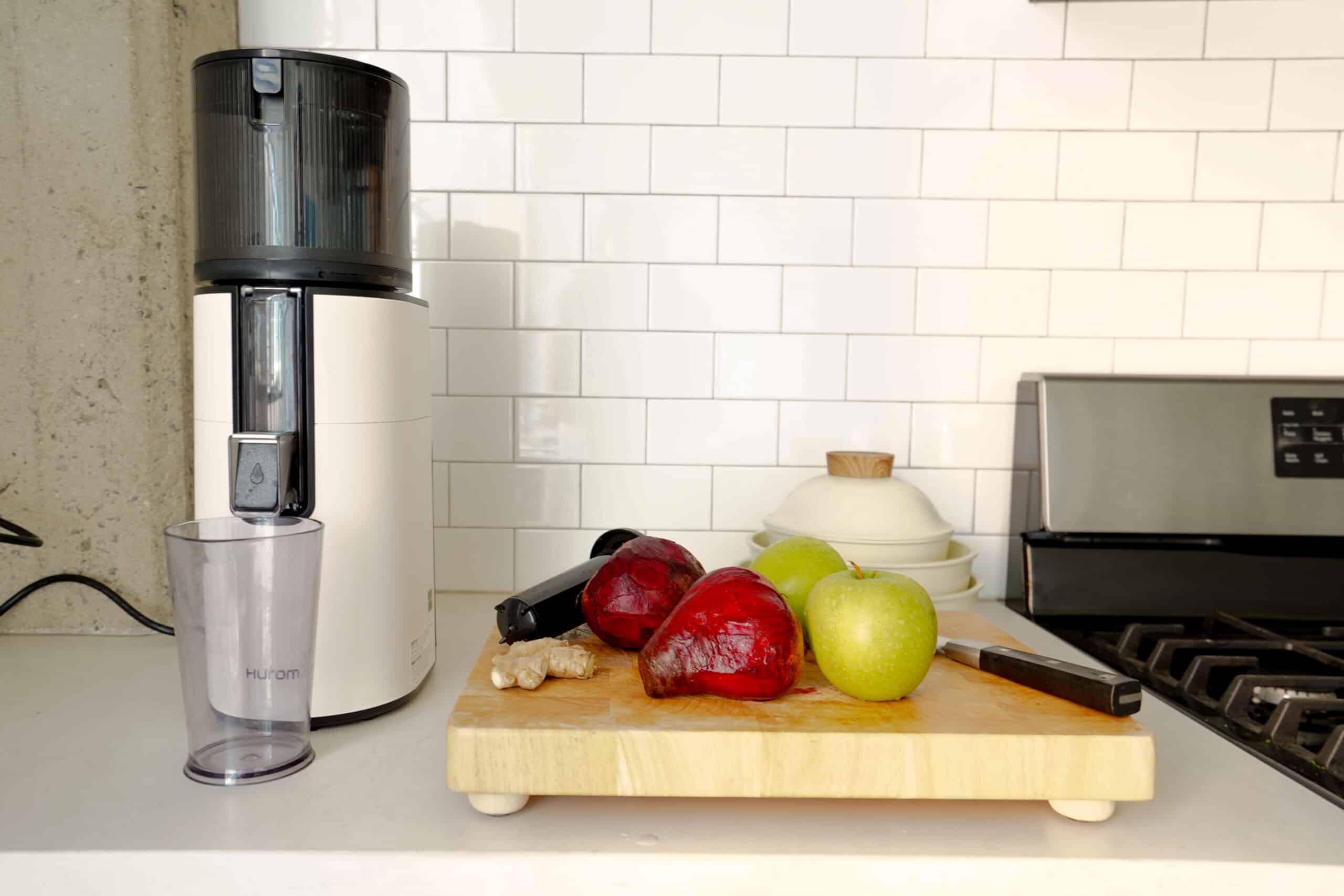
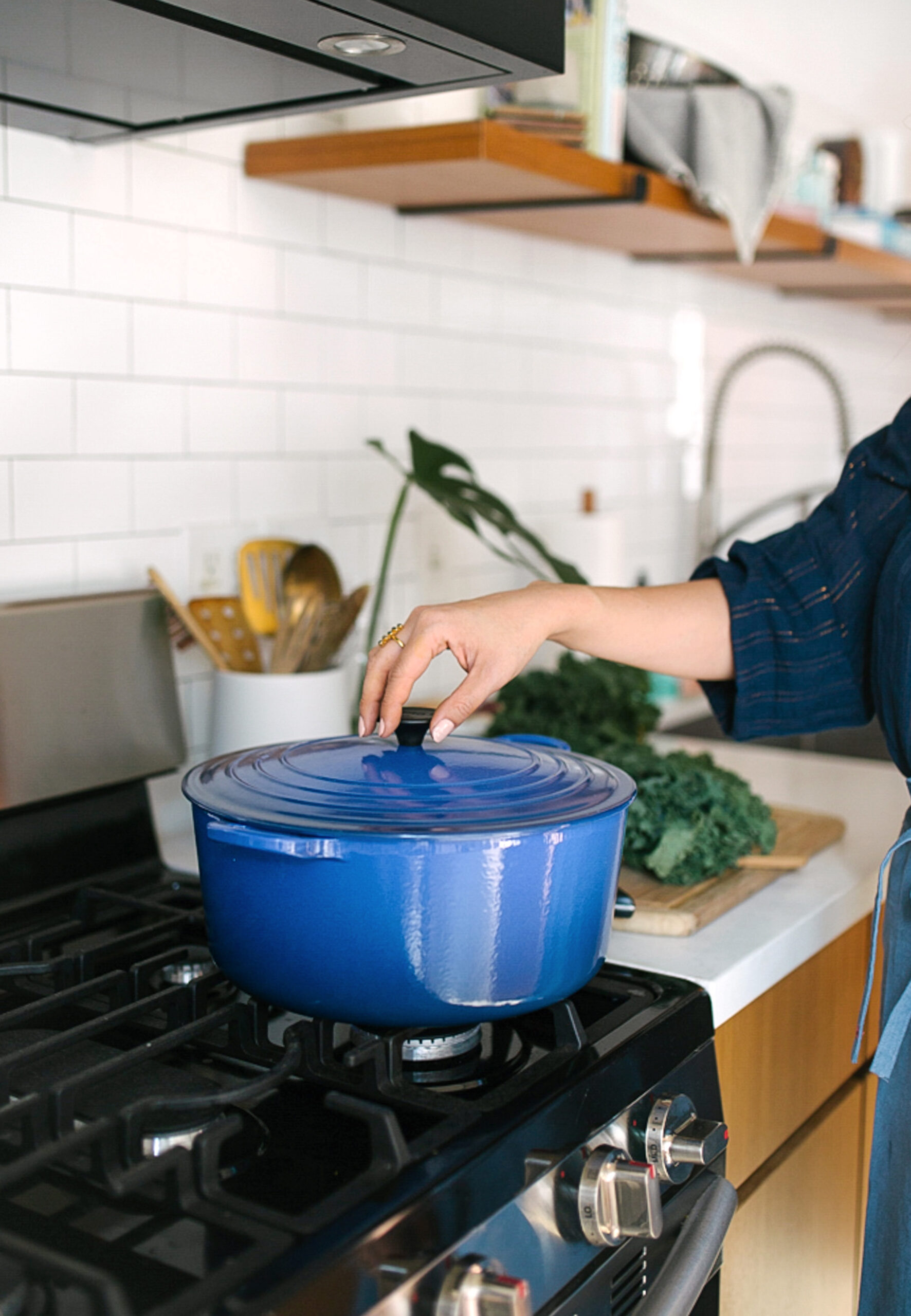
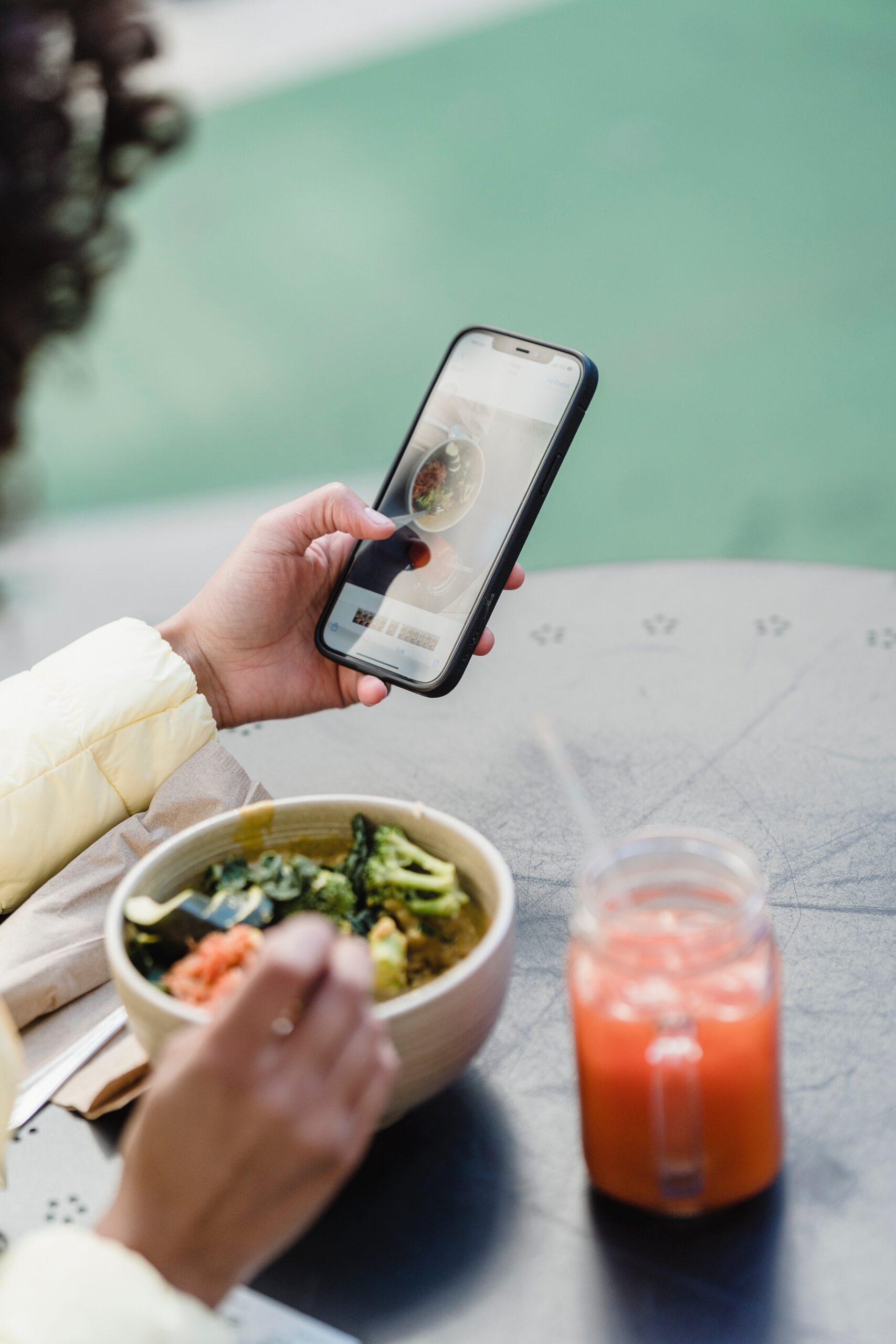
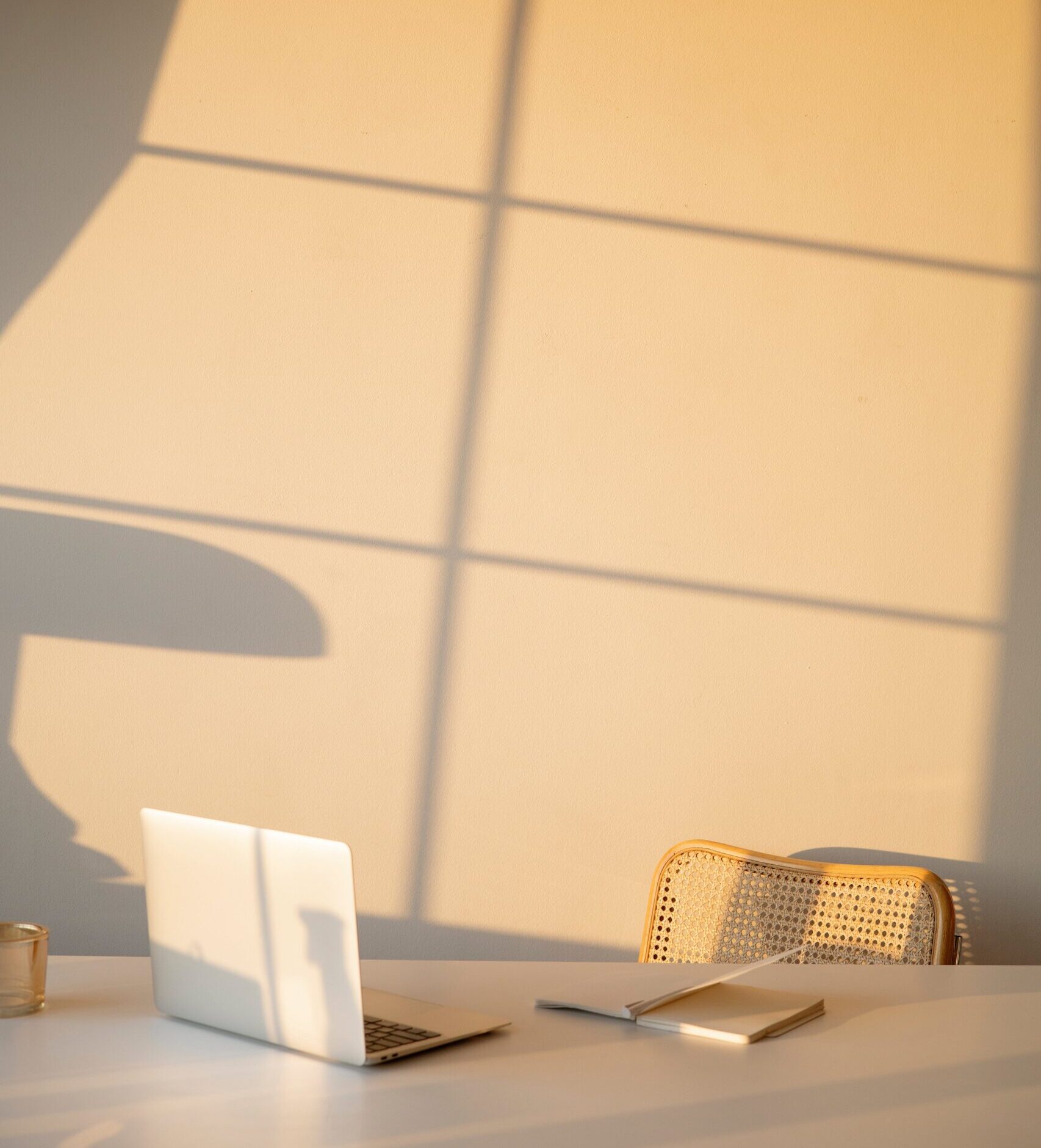
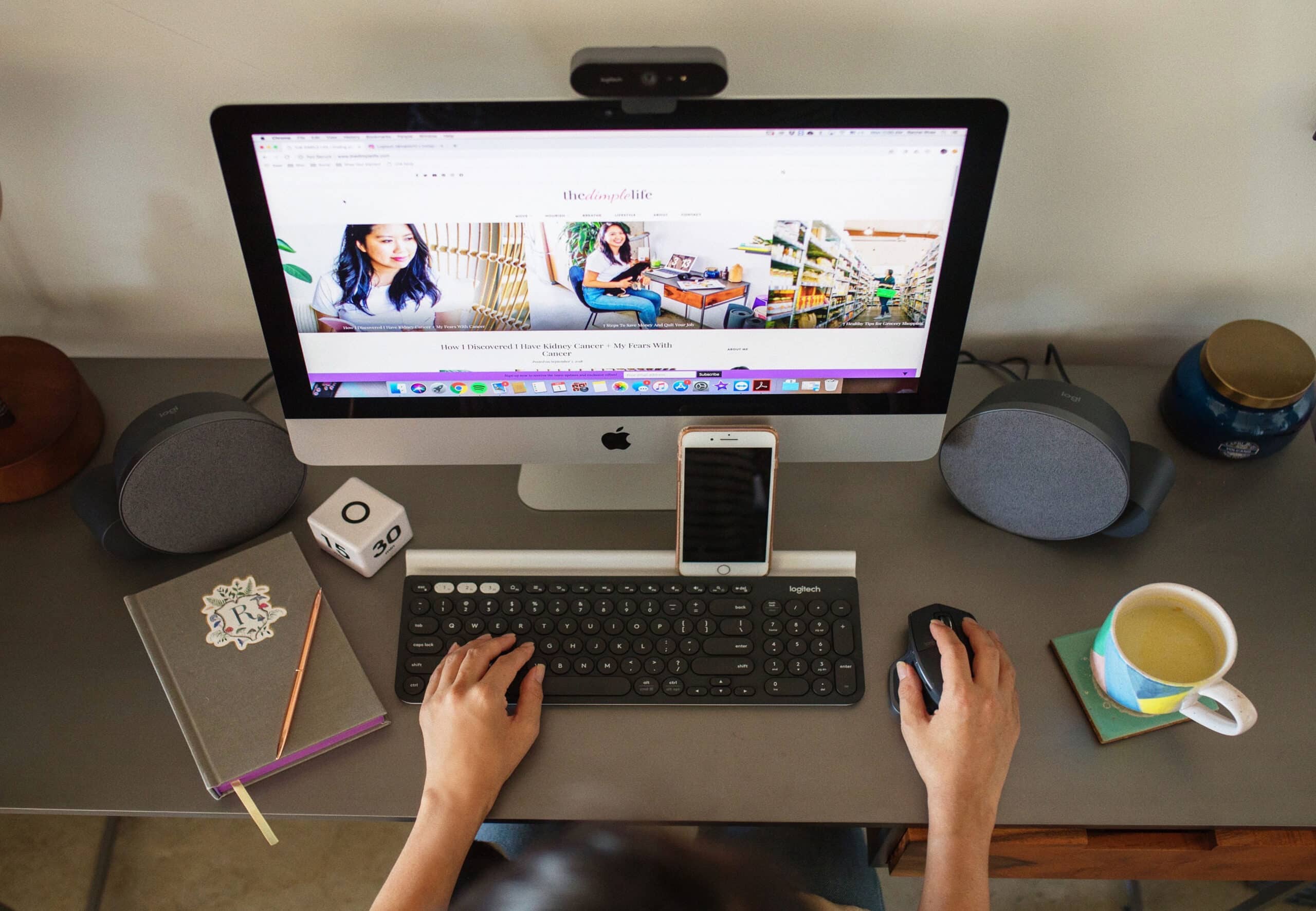
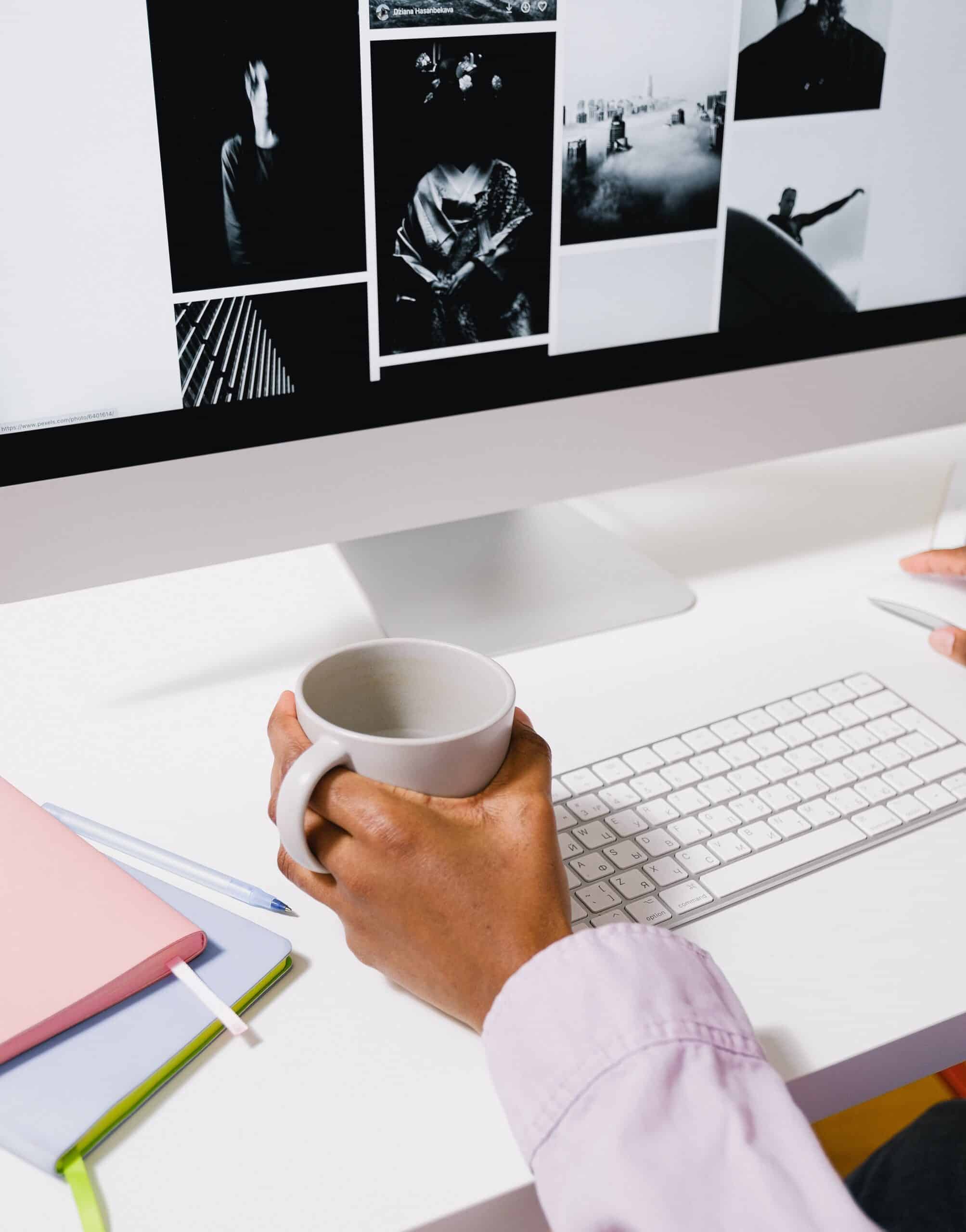
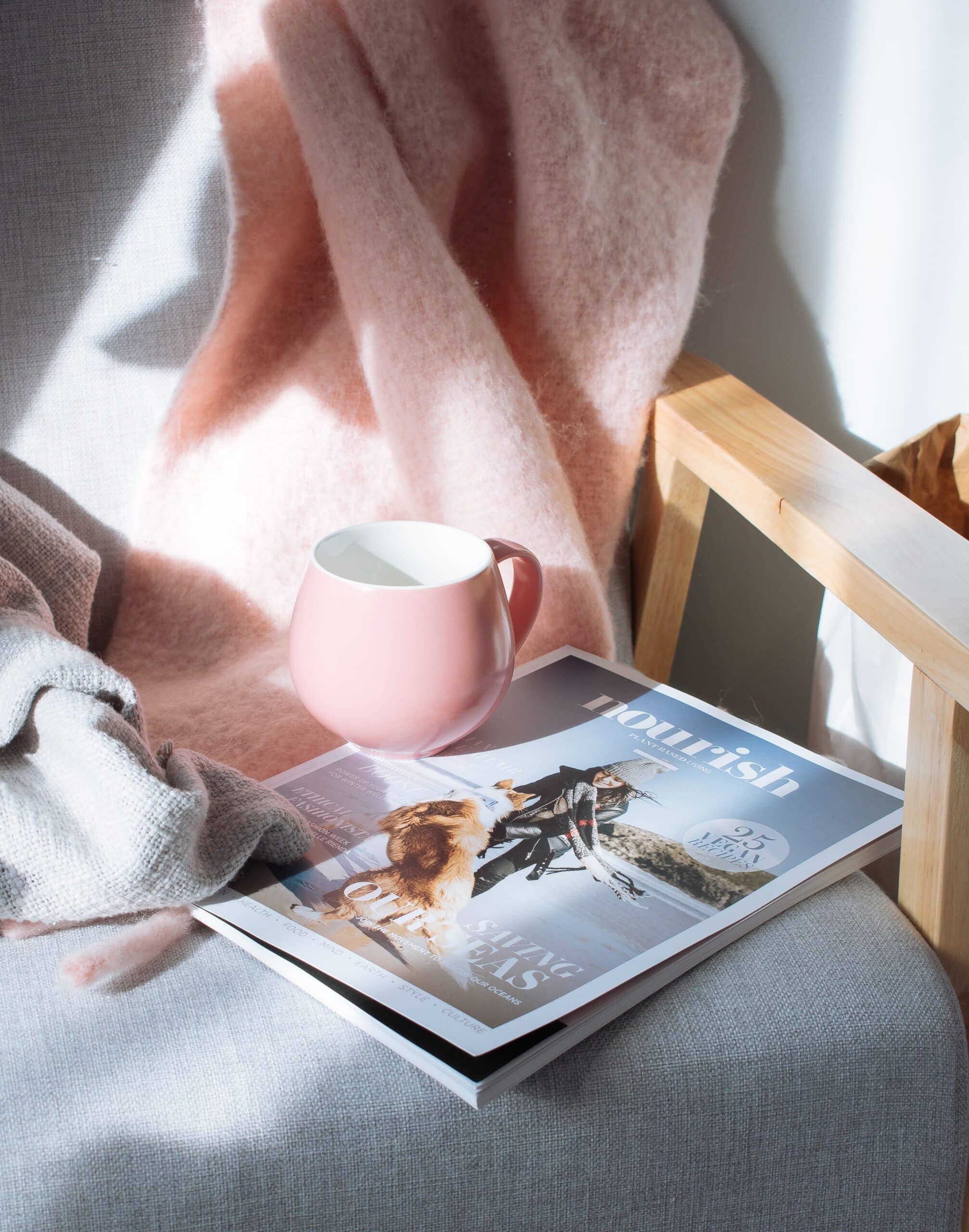
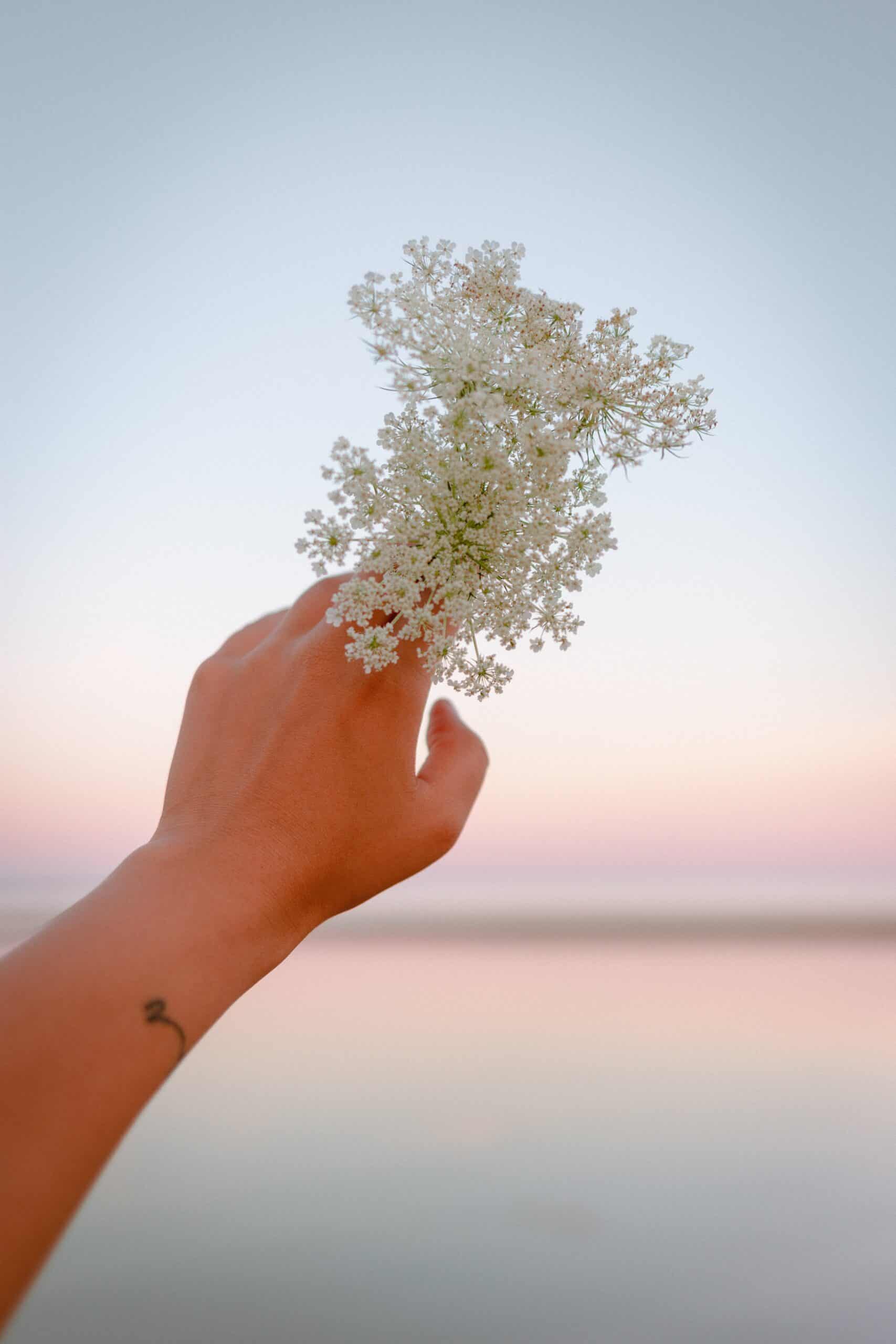
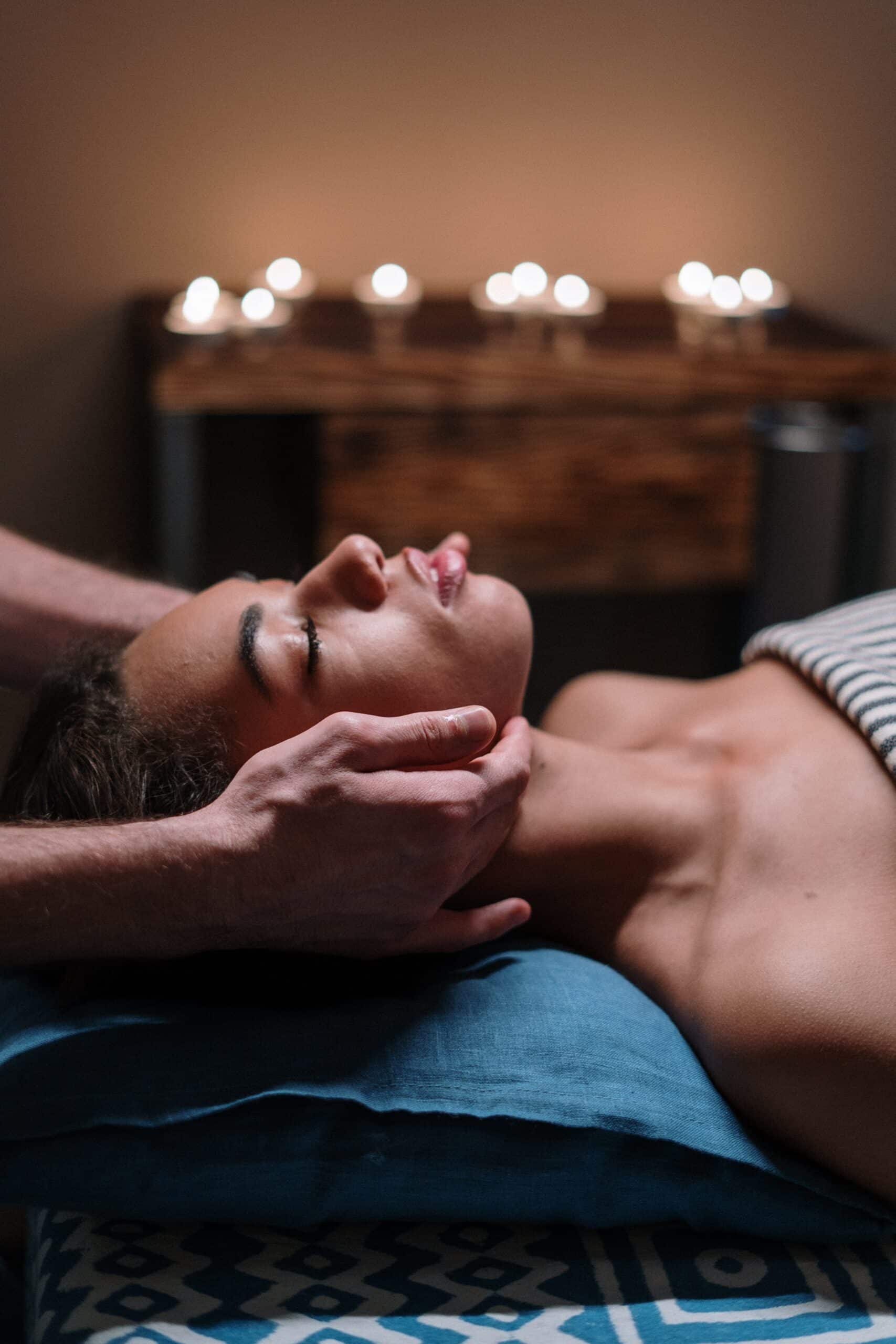
show comments